To Visit Devalsari
About the Society
The Devalsari Environment Protection and Technology Development Society was set up to promote conservation and livelihoods through ecotourism and bee-keeping in Uttarakhand beginning with the Jaunpur region.
In the words of Arun Prasad, the biggest problem in Uttarakhand is “palayan” wherein rural populations are abandoning their homes to shift to towns and urban areas abandoning traditional practices of agriculture.
The primary reasons for “palayan” are reduced returns from agriculture and livestock, lack of job opportunities in the villages, poor education and health care.Our Main Objectives
Ecotourism
The Society can offer ecotourism packages for nature tourism and treks to Nag Tibba. Trained nature and trekking guides are available to conduct these activities.

Bee-keeping
The society hopes to revive bee-keeping as an alternate livelihood in Uttarakhand through honey production, promote bee conservation.
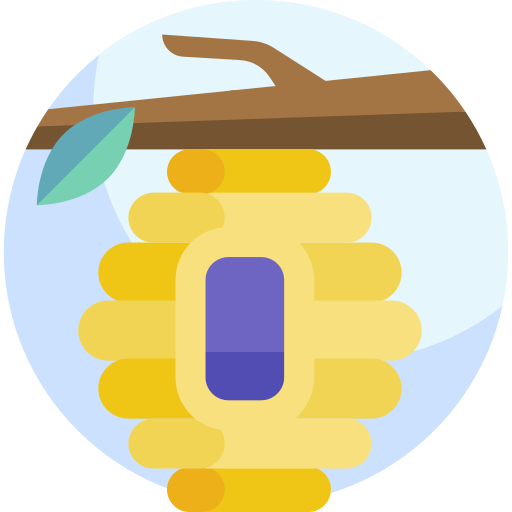
Nature Conservation
Devalsari is home to an array of flora and fauna. Some of the area’s biodiversity includes Mammals, Birds, Butterflies, Moths.

Conservation at Devalsari
The Sreedev Suman Titli Park was established by the society in 2016. The society has been protecting the forest in this area resulting in a resurgence of local biodiversity.
Conserving fresh water systems in the Aglar Valley The Society actively works towards conservation of freshwater systems in the landscape. The threats are many: use of bleaching powder and electricity to kill fish, pollution of the water, and killing of other fresh water biodiversity such as amphibians along with the fish.
The Society’s efforts include
- - Education of people on the need to preserve the Himalayan riverine systems. The Devalsari Society has supported a school education program at Nainbagh and Thatyud for a period of 2017-2019, working in 10 schools to education and make local children aware of nature conservation.
- - Stopping of fishing through the use of bleaching powder and electric current

Deodar Ecotourism and Research Center (DERC)
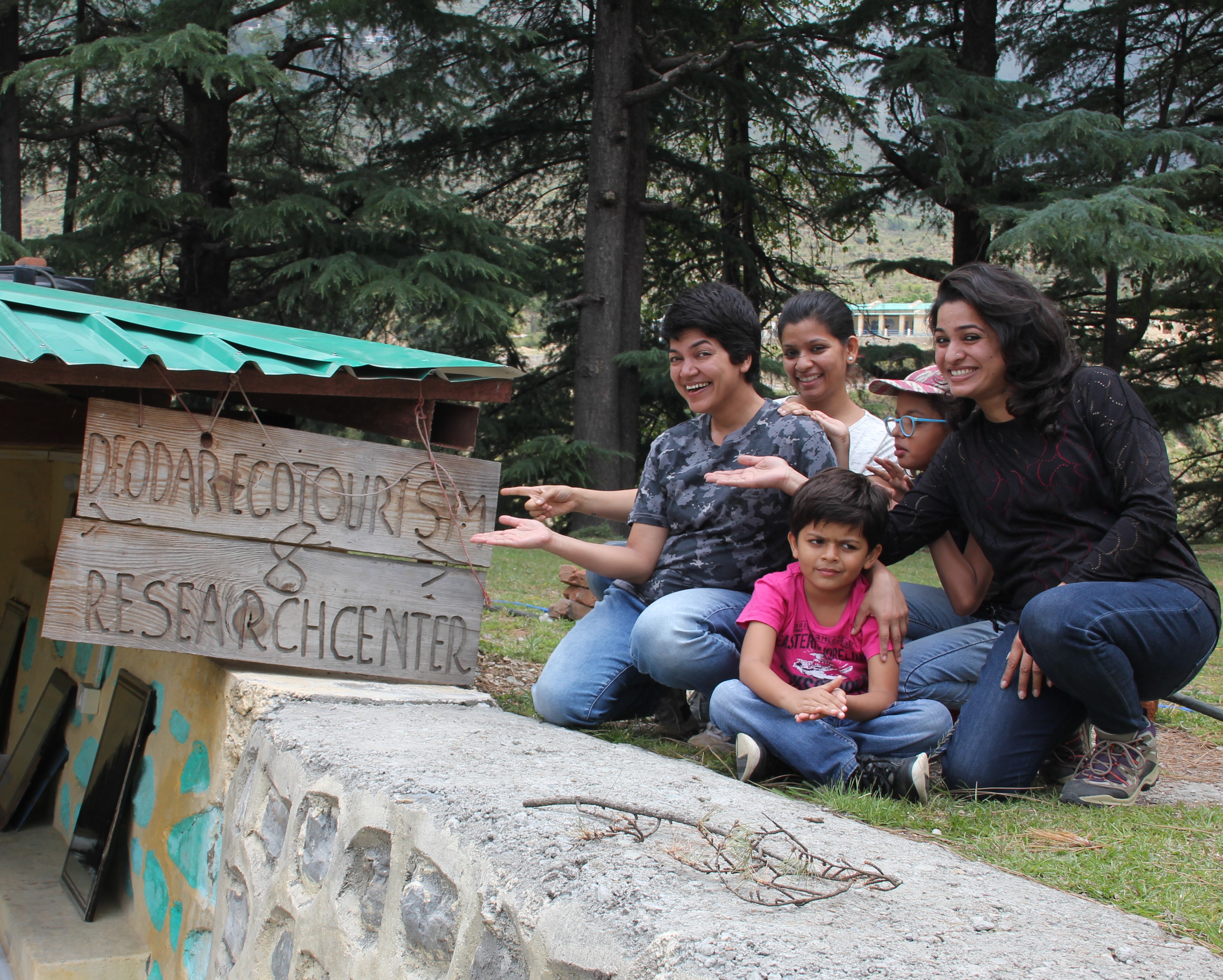
The Devalsari Environment Protection and Technology Development Society set up the DERC in 2015. The DERC was set up to promote ecotourism and bee-keeping with the involvement of the local community. The Center focuses on training and capacity building for ecotourism, and research, training and capacity building for bee-keeping.
Accommodation for tourists at the center and in tents is available. The center is also available as a training center for other village related activities.
Bee-keeping
The society hopes to revive bee-keeping as an alternate livelihood in Uttarakhand through honey production, promote bee conservation and improve productivity of crops, horticulture and forest produce.
Apis cerana indica is the native bee of the hills of Uttarakhand. Traditionally, this was the bee used in wall beehives to produce honey. However, in recent years, people’s enthusiasm for bee-keeping and honey production is decreasing. There is need to rejuvenate bee keeping in Uttarakhand both as an alternate livelihood and for increased crop production.

Devalsari Paryavaran Bachao
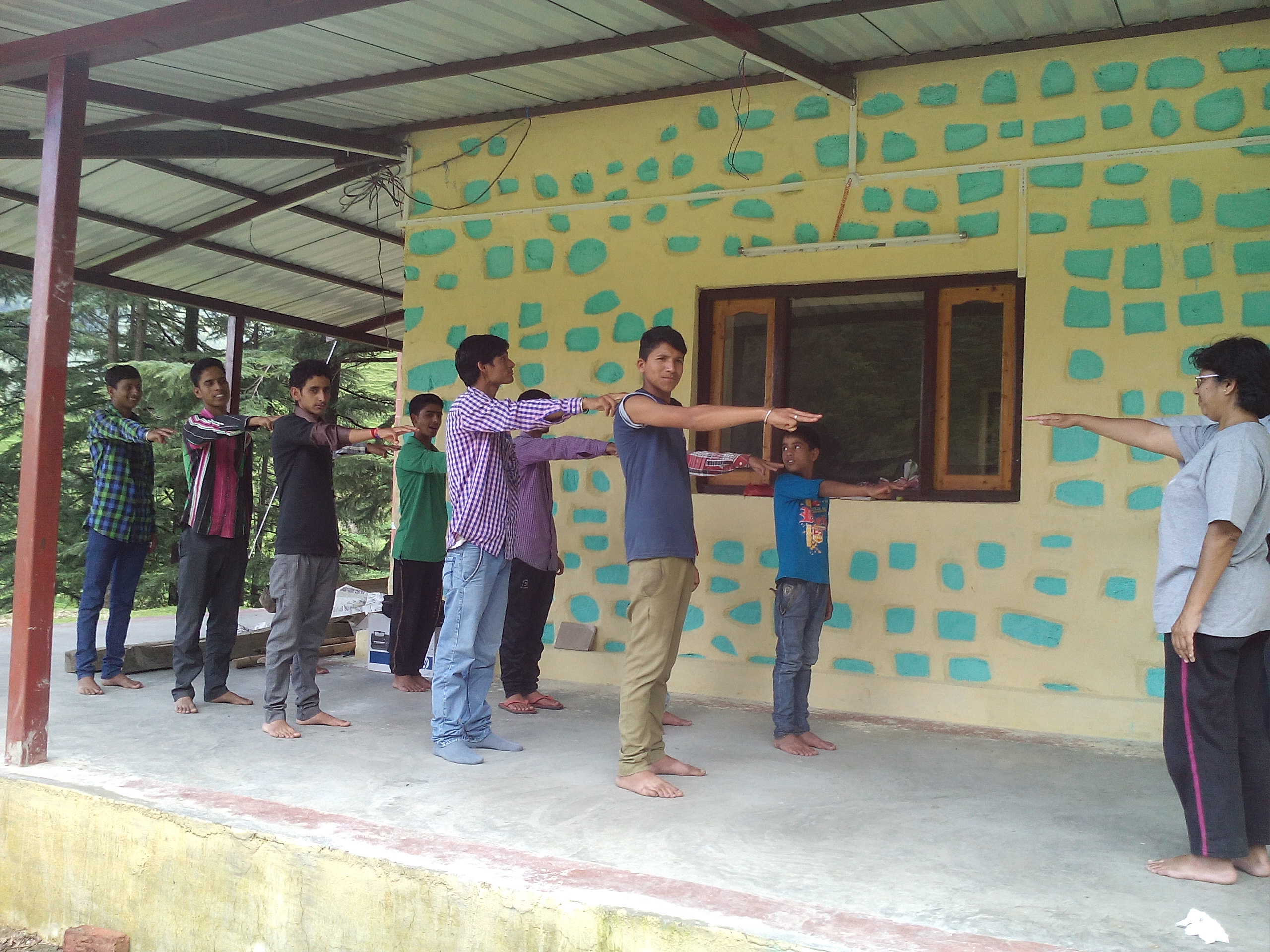
The Devalsari Paryavaran Bachoa Samuh is a youth group formed on 27 July 2015 at Devalsari under the auspices of Devalsari Environment Protection and Technology Development Society. This youth group’s main objective is to support nature conservation, create alternate livelihood options and reduce palayan (migration of village people to the plains).
Partner Organisations
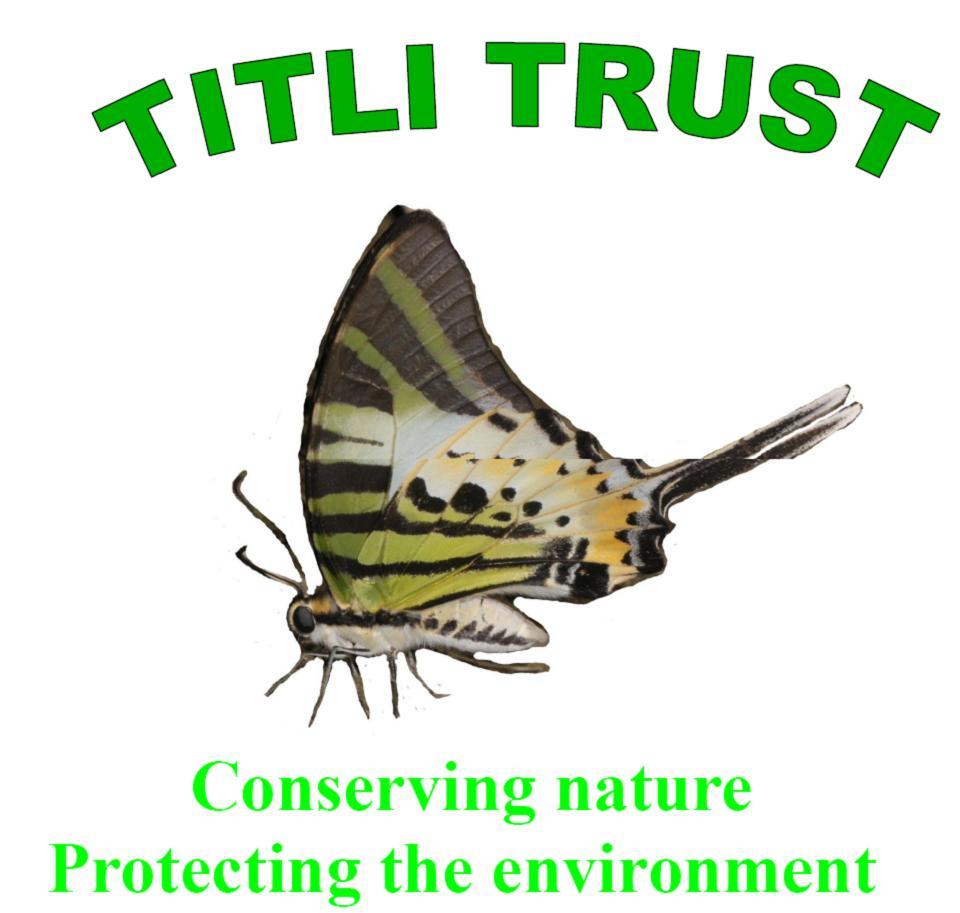
Titli Trust
They support the Society in its alternate livelihoods program supporting EcoTourism and bee-keeping. And also supports the Society in the Rural Schools Conservation Education Program.
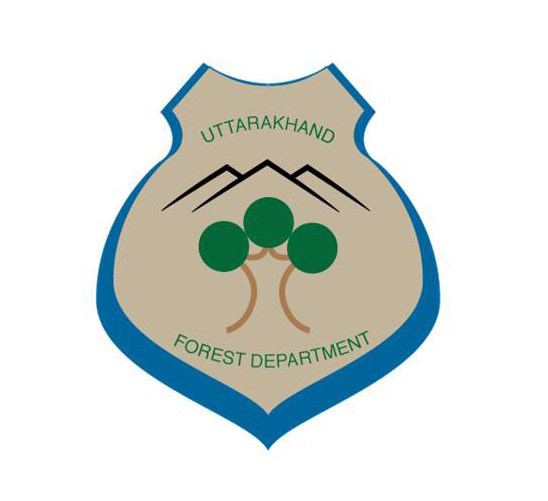
Uttarakhand Forest Department -Mussoorie Forest Division
They support the Society in its conservation education program, programs during Wildlife Week and tree plantation.

Uttarakhand Forest Department -Ecotourism Wing
They support the development of ecotourism in Devalsari through training capability building and its village development program for rural tourism.

Been There Doon That
BTDT support the society in its conservation and livelihood programs supporting its activities for heritage and nature ecotourism, organic food produce and bee-keeping.
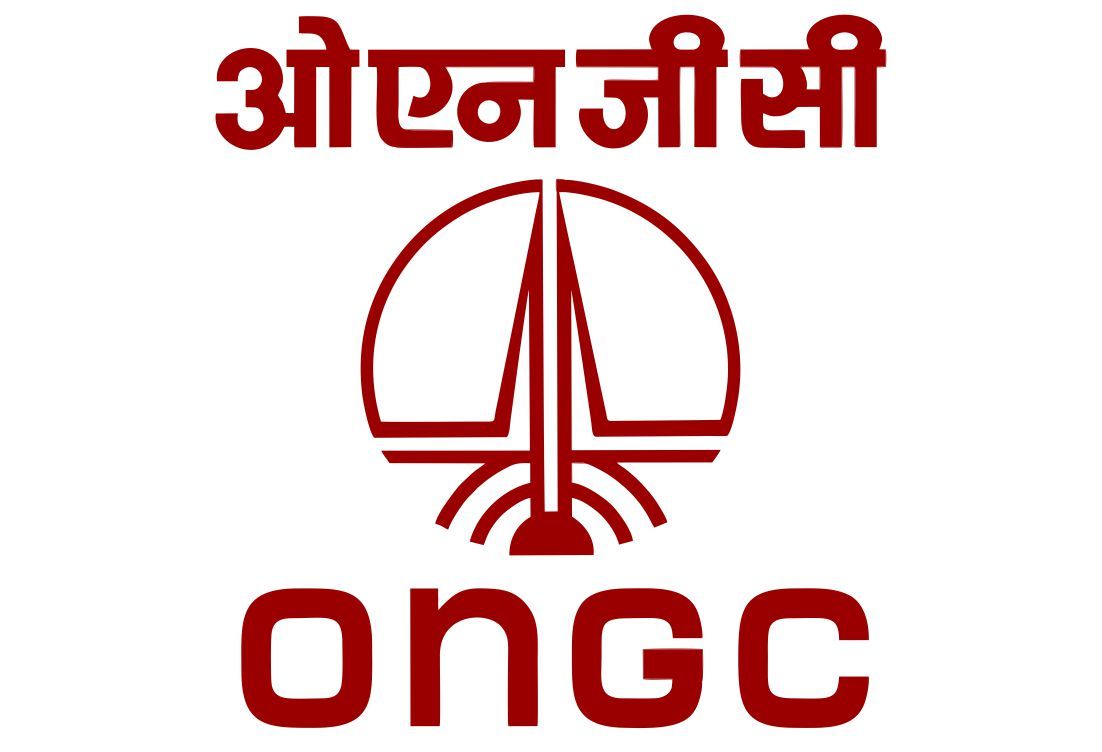
ONGC
ONGC has funded the Devalsari Society in its bee-keeping project in Corbett landscape. And is funding Titli Trust in its Devalsari Ecotourism Development Project.

